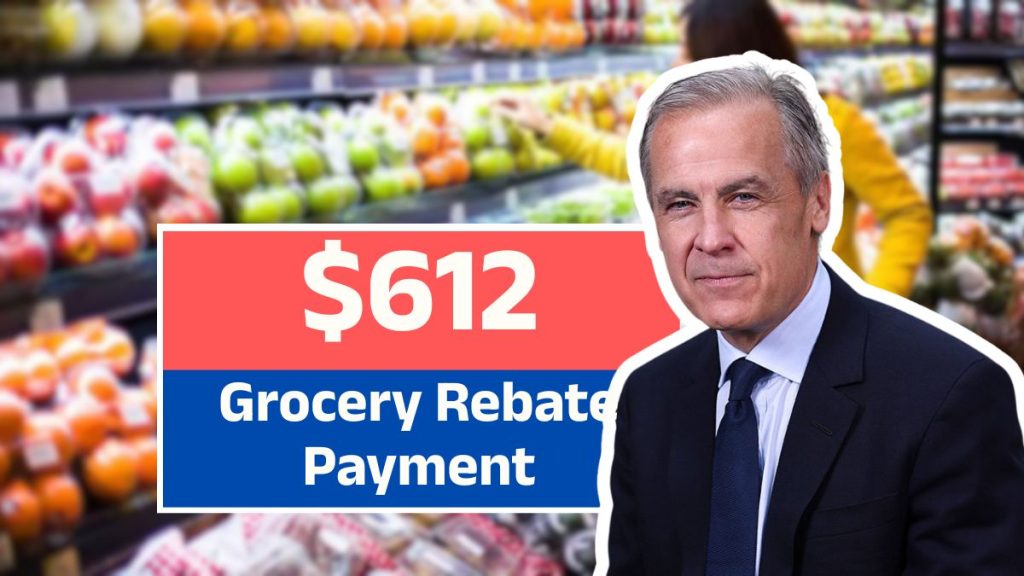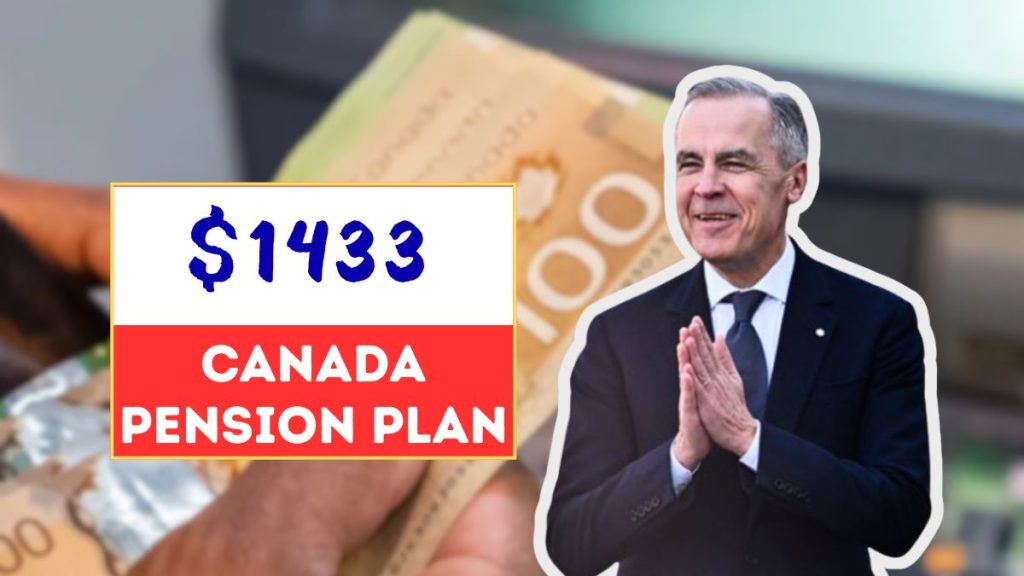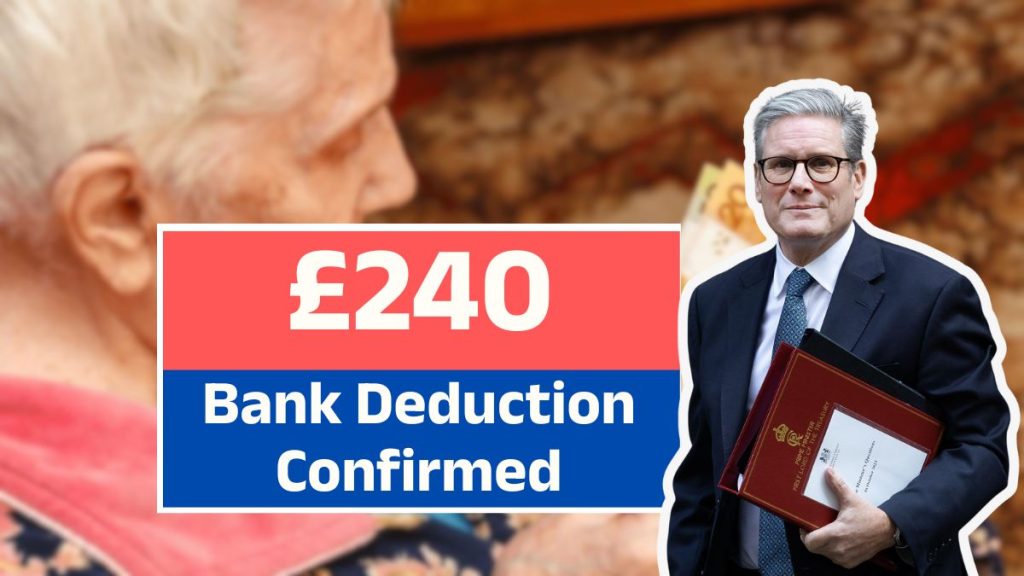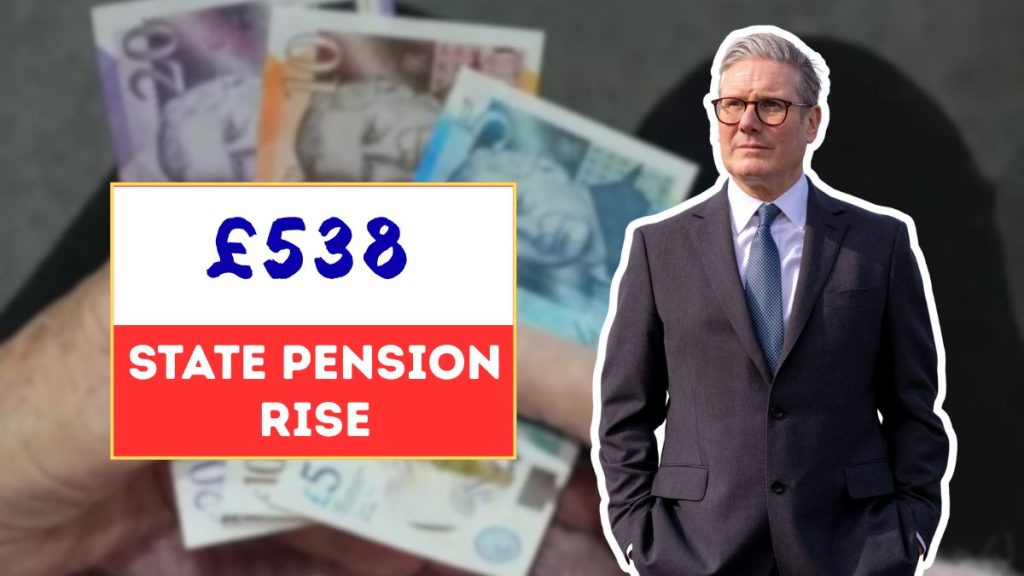For many older citizens already managing tight budgets amid high living costs, this sudden policy change has caused real anxiety. Understanding what this rule means, who it affects, and how to prepare for it has become essential for pensioners across the country.
What the £300 Bank Deduction Means for Pensioners

The new HMRC policy allows direct deductions from pensioners’ bank accounts if their income or savings exceed certain thresholds. This change, according to officials, is designed to improve tax collection efficiency — but it has sparked anger among retirees.
For decades, pensioners have relied on financial aids like the State Pension, Pension Credit, and Winter Fuel Allowance to stay afloat. But under this rule, those who’ve managed to save modestly for emergencies could now see £300 removed from their accounts.
Retirees fear they are being penalised for saving responsibly, while HMRC insists the move is about ensuring fairness and compliance in the tax system.
Why HMRC Introduced the New Rule
According to HMRC, the new deduction system aims to ensure that all pensioners pay the correct tax on their total income. The government has been under pressure to close tax gaps and recover unpaid amounts, particularly from those with unreported savings interest or investment income.
Officials say the £300 deduction is meant to streamline tax collection and reduce administrative backlogs, especially among retirees who might have unintentionally failed to declare certain earnings.
HMRC stresses that this policy is not targeted at low-income pensioners. Instead, it focuses on individuals with unreported interest income, secondary pensions, or investment returns that exceed tax-free allowances. Still, the abrupt nature of the announcement has caught many by surprise.
Who Will Be Affected by the £300 Deduction
Not every pensioner will face this deduction. The rule applies mainly to retirees who:
- Have savings above HMRC’s defined thresholds,
- Earn interest income that exceeds tax-free limits, or
- Receive private pension income, rental income, or dividends in addition to their State Pension.
For pensioners relying solely on the basic State Pension, the deduction is unlikely to apply. However, those with modest savings — often set aside for emergencies or medical expenses — may fall into the affected group.
The challenge is that many retirees do not fully understand the tax implications of their savings, which leaves them vulnerable to unexpected deductions.
Growing Backlash from UK Retirees
Reaction to the rule has been overwhelmingly negative among older citizens and advocacy groups. Many pensioners have described the new measure as a “punishment for financial prudence.”
Charities such as Age UK have criticised HMRC for poor communication and lack of clarity. They argue that pensioners are being made to shoulder unnecessary stress at a time when living costs — from energy bills to groceries — remain high.
Several retirees have voiced frustration that saving money for self-sufficiency now appears to carry financial risk. Critics also warn the rule could discourage future generations from building retirement savings.
HMRC’s Response to the Criticism
In response to public outcry, HMRC maintains that the deduction system is a matter of fairness and compliance. Officials say it will ensure that individuals who owe small tax amounts based on unreported savings income can have them automatically collected, reducing paperwork and delays.
They emphasise that pensioners on low or fixed incomes will not be unfairly targeted. According to HMRC, the new approach simply automates existing tax obligations rather than introducing a new charge.
However, campaigners argue that many retirees may still be unaware of how their savings affect their taxable income, making transparency and clear communication vital.
What Pensioners Can Do to Prepare
Experts recommend pensioners take immediate steps to protect themselves and avoid surprise deductions.
- Review all sources of income: Include savings interest, dividends, rental income, and private pensions.
- Check tax-free thresholds: Ensure total income doesn’t exceed limits for older taxpayers.
- Contact HMRC or a financial advisor: Get clarity on whether the deduction applies to your situation.
- Keep accurate financial records: Proper documentation helps prevent incorrect deductions.
- Explore entitlements: Apply for benefits like Pension Credit or tax reliefs that could offset any potential deductions.
Being proactive is crucial — pensioners who review their finances early can minimise the impact and ensure compliance.
Broader Implications for Retirement Planning
This rule has raised important questions about how retirees plan for the future. For years, the government has encouraged citizens to save for retirement. Yet, with measures like the £300 deduction, experts fear that message could be undermined.
If pensioners start seeing savings as a liability, the long-term effect could be an increased dependency on state support, adding more pressure to public finances.
Financial advisors recommend that retirees diversify their savings into tax-efficient accounts, such as ISAs, which protect returns from tax deductions. Keeping track of HMRC policy changes is also essential to avoid surprises in future tax years.
The Hidden Problem: Lack of Awareness
One major concern highlighted by advocacy groups is the lack of awareness among pensioners. Many are not fully informed about how savings interest, investments, or private pensions can alter their tax obligations.
Without regular updates or advice, pensioners may inadvertently breach income thresholds, triggering automatic deductions. Campaigners have urged HMRC to improve public communication, offer clearer guidance, and increase outreach programs through local councils and charities.
Impact on Pensioners’ Financial Security
The rule’s timing couldn’t be more challenging. The cost of living crisis has already left many retirees struggling with higher food and energy bills. A £300 deduction, even if justified on paper, could push some into financial hardship.
For older people living on fixed incomes, losing this amount could mean sacrificing essentials — heating during winter, fresh groceries, or medical supplies. Financial experts warn that the deduction could erode trust in government institutions that pensioners depend on.
Calls for Transparency and Review
Several MPs and pensioner organisations have called on HMRC to review the policy and introduce safeguards for low-income households. They argue that deductions should only apply after proper notice and opportunity for clarification.
Advocacy groups have also urged the Treasury to raise tax-free savings thresholds, ensuring modest savers are not unfairly penalised. Transparency, they say, is key to rebuilding public confidence.
The Bigger Picture: Fairness vs. Financial Strain
At its core, the £300 deduction debate highlights the balance between fair tax collection and financial protection for retirees. While HMRC argues the measure ensures everyone pays their share, pensioners see it as another sign that the system fails to understand their daily struggles.
For now, retirees are being encouraged to stay informed, verify their financial data, and seek advice early to prevent confusion once deductions begin.
What Comes Next for Pensioners
The full rollout of the deduction system will likely unfold over several months, giving HMRC time to identify affected individuals and notify them. Pensioners should watch for any correspondence regarding their tax status and verify all details before responding to any requests for payment.
Those who disagree with deductions or believe they’ve been wrongly charged can appeal through HMRC’s official complaints and review process.
Experts say the best protection lies in transparency, recordkeeping, and communication — the three pillars of sound financial planning in retirement.
(3) Relevant SEO Keywords
HMRC £300 deduction 2025, pensioners bank deduction UK, HMRC savings rule, pensioners tax changes UK, HMRC pension deduction rule, £300 taken from bank accounts, HMRC update for pensioners, UK pension savings tax 2025, Age UK pension warning, HMRC income threshold pensioners, how to avoid HMRC deduction, financial planning for retirees UK, pensioner savings and tax
(5) Frequently Asked Questions (FAQ)
1. What is the HMRC £300 bank deduction for pensioners?
It’s a new rule allowing HMRC to directly deduct £300 from pensioners’ accounts if their income or savings exceed certain thresholds or if tax has not been correctly paid.
2. Who will be affected by the deduction?
The rule targets pensioners with additional income from savings, investments, or private pensions that push them above tax-free allowances.
3. Will it affect pensioners living only on the State Pension?
No. Pensioners relying solely on the basic State Pension are unlikely to be impacted, as their income typically falls below HMRC’s limits.
4. Can pensioners avoid this deduction?
Yes. By reviewing finances, declaring all income accurately, and consulting HMRC or a financial advisor, retirees can ensure they remain compliant and avoid unexpected deductions.
5. What should pensioners do if they’re unsure about their status?
They should contact HMRC directly, verify their tax records, and seek professional advice. Keeping all financial documentation up to date can help prevent errors or wrongful deductions.













